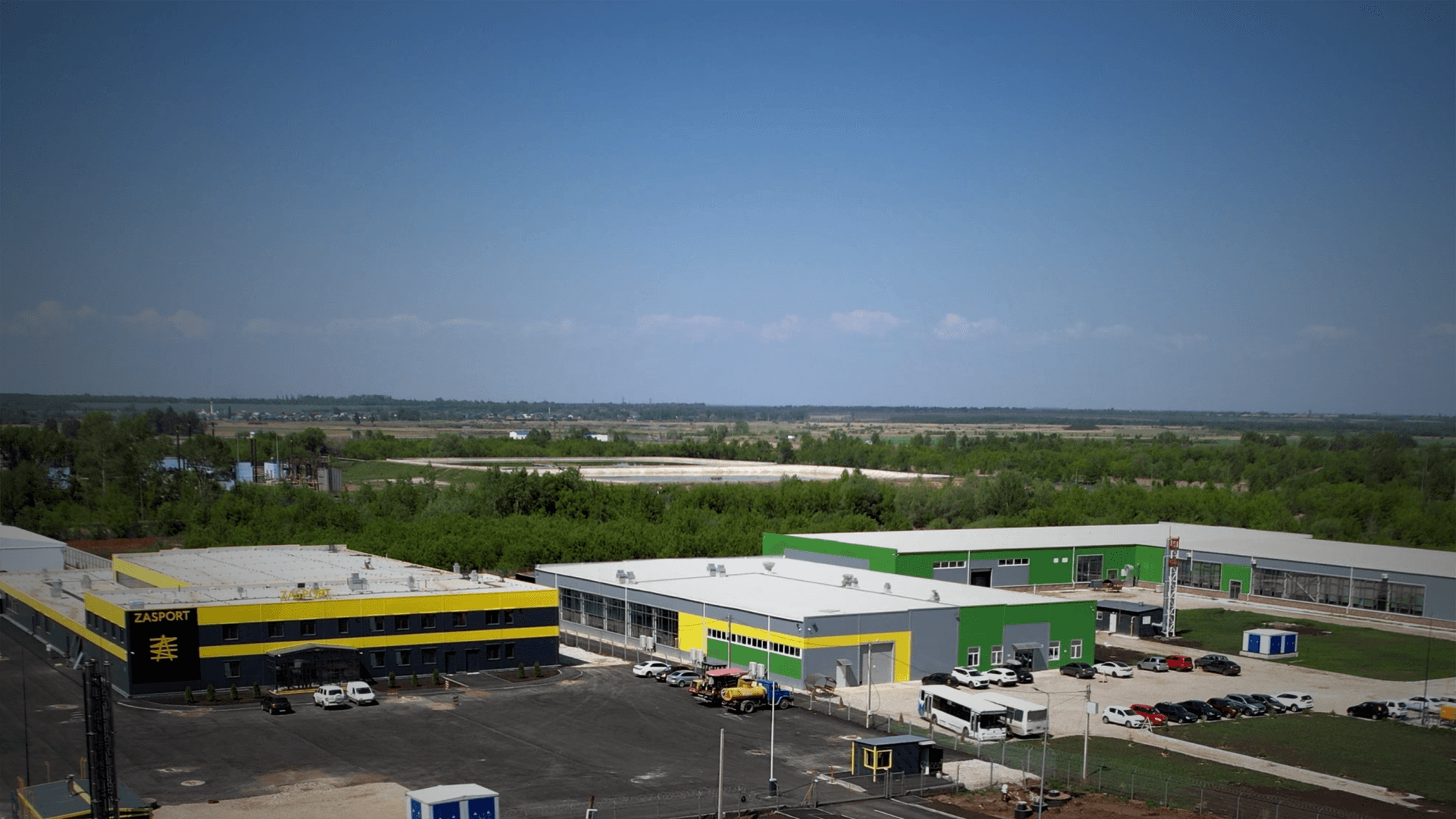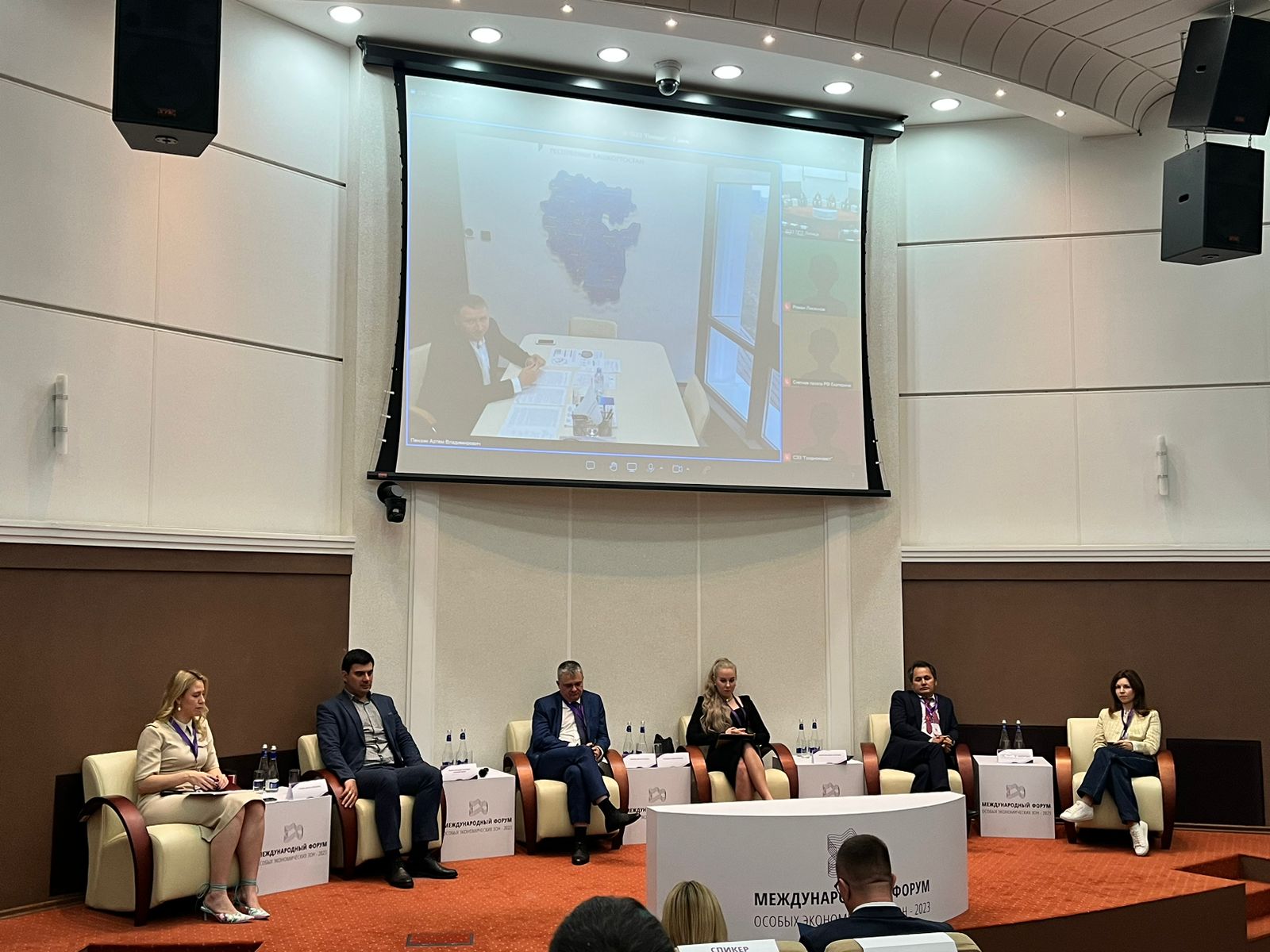The management company of the special economic zone “Alga” shared its experience in compensating for carbon dioxide emissions in the preferential zone. The discussion of this issue and the immediate plans for the development of activities in the field of achieving sustainable development goals took place within the framework of one of the panel sessions of the International SEZ Forum, held in Lipetsk with the support of the Association of Clusters, Technoparks and SEZ of Russia.
– The special Economic Zone “Alga” was chosen as one of three experimental sites for testing the possibility of achieving carbon neutrality. Now a number of SEZ residents are at the stage of construction of production facilities, but the Development Corporation, being the management company of the SEZ, already provides for minimizing carbon emissions by landscaping the territory. In addition, renewable energy sources can be used on the territory of the SEZ in the future,” said Nail Gabbasov, Director General of the Development Corporation of the Republic of Bashkortostan.
Earlier, the Republic of Bashkortostan became the first to form master models of infrastructure platforms aimed at achieving sustainable development goals. Also, the SEZ “Alga” and the industrial park “Ufa” became the first preferential zones whose non-financial statements were disclosed in public access. In August of this year, the Association of Clusters, Technoparks and SEZs of Russia also conducted an ESG audit, where experts developed a roadmap for achieving sustainable development goals, taking into account the social, environmental and personnel policies observed by the management company.
As part of the event, the forum participants also discussed the comprehensive development of special economic zones and tools for attracting investors. Thus, Bashkortostan was noted in the welcoming speech of Deputy Prime Minister of Russia – Plenipotentiary Representative of the President of Russia in the Far Eastern Federal District Yuri Trutnev as one of the regions where it is planned to implement a large import-substituting project to create an enterprise for the production of higher fatty alcohols used in the light and petrochemical industries.


